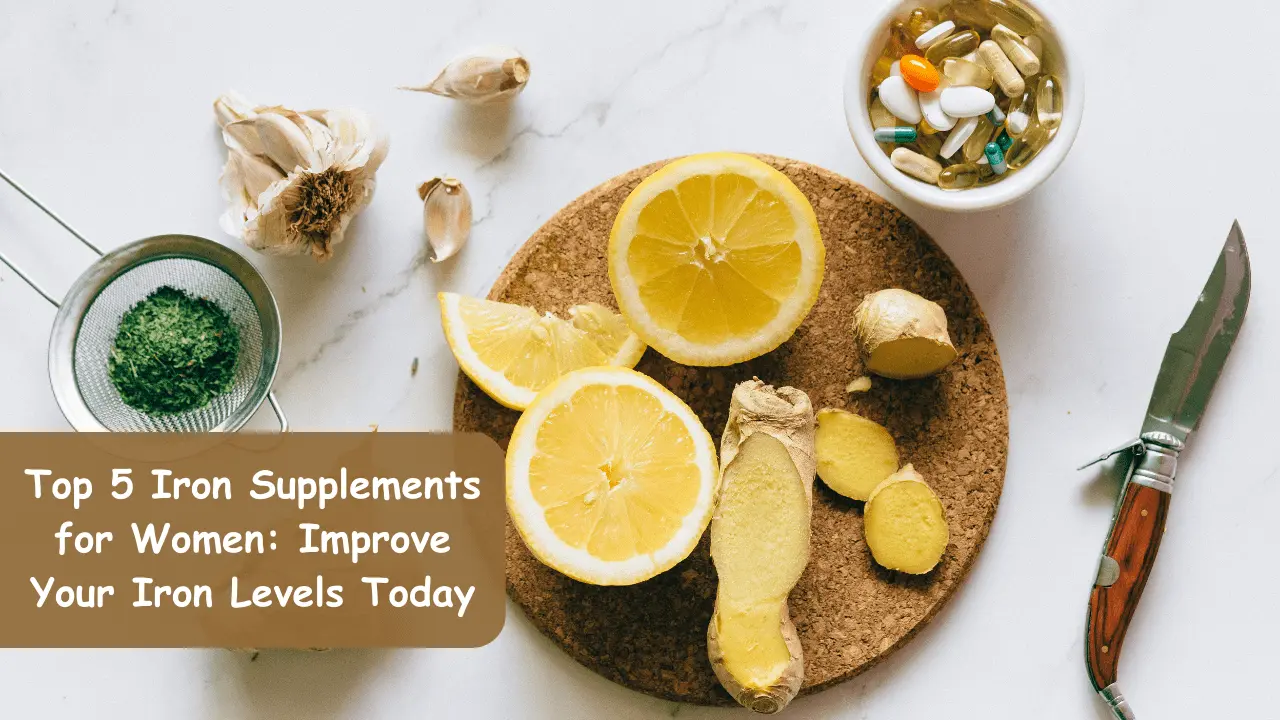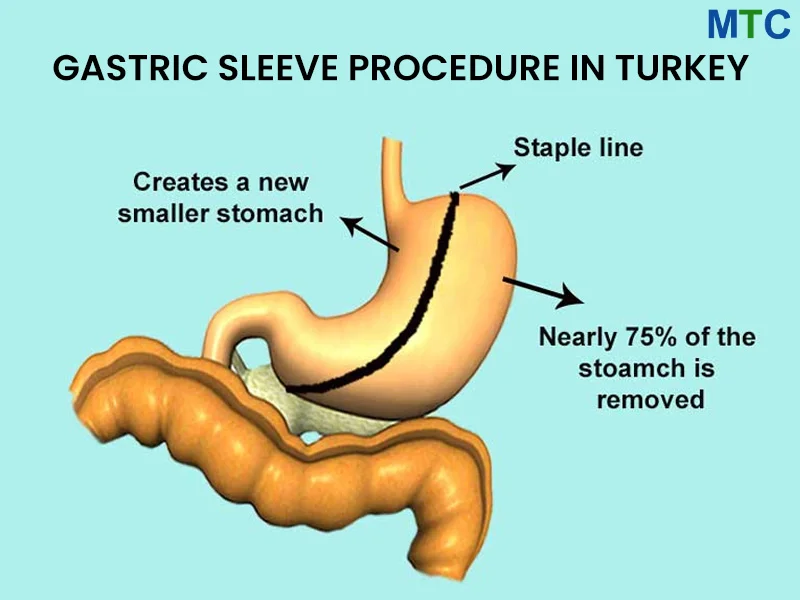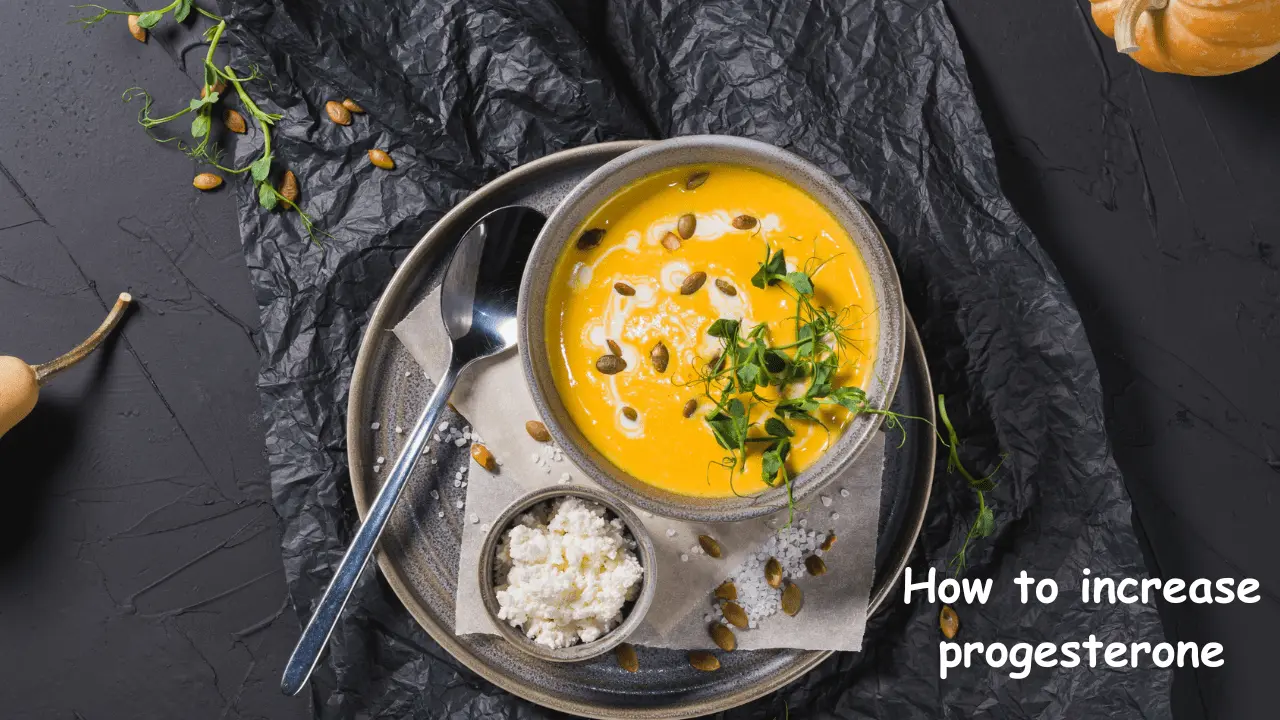Iron is an essential mineral that plays a vital role in maintaining good health. It is particularly important for women, as they have a higher risk of developing iron deficiency due to menstruation and pregnancy. Iron supplements can help boost iron levels and prevent deficiencies, but with so many options available, it can be overwhelming to choose the right one. In this article, we will explore the top 5 iron supplements for women and discuss their benefits, dosage, and potential side effects, to help you make an informed decision about which one is best for you.
What is an iron Supplement?
An iron supplement is a type of dietary supplement that contains iron, a mineral that is essential for the body to function properly. Iron is a key component of hemoglobin, a protein in red blood cells that carries oxygen from the lungs to the rest of the body. Without enough iron, the body cannot produce enough hemoglobin, which can lead to iron deficiency anemia. Iron supplements can help boost iron levels in the body and prevent or treat iron deficiency anemia. They are available in various forms, including tablets, capsules, liquid, and gummies, and can be purchased over-the-counter or with a prescription from a healthcare provider.
Why is iron important?
Iron is important for many functions in the body. One of its primary roles is to help produce hemoglobin, the protein in red blood cells that carries oxygen from the lungs to the rest of the body. Without enough iron, the body cannot produce enough hemoglobin, which can lead to iron deficiency anemia, a condition characterized by fatigue, weakness, shortness of breath, and other symptoms.
Iron also plays a crucial role in the immune system, helping to support the growth and function of immune cells. Additionally, it is involved in the production of collagen, a protein that helps keep skin, hair, and nails healthy, and is necessary for the metabolism of energy and the production of neurotransmitters in the brain.
Iron is particularly important for women, as they have higher iron needs due to menstruation and pregnancy. Pregnant women need more iron to support the growth and development of the fetus, and iron deficiency during pregnancy can increase the risk of preterm birth and low birth weight. Overall, ensuring adequate iron intake is crucial for maintaining good health and preventing deficiency-related health problems.
What is the best iron supplement?
There is no one “best” iron supplement that works for everyone, as different people may have different needs and preferences when it comes to iron supplementation. However, some factors to consider when choosing an iron supplement include the type of iron, the dosage, and the form of the supplement.
Ferrous sulfate is the most commonly used form of iron in supplements, as it is well-absorbed by the body. Other forms of iron, such as ferrous gluconate and ferrous fumarate, are also available, and may be preferred by some people due to their milder side effects.
The dosage of iron supplements should be based on individual needs, as determined by a healthcare provider. Generally, the recommended daily allowance of iron for women is 18 mg, although this may vary depending on age, pregnancy status, and other factors.
Iron supplements are available in various forms, including tablets, capsules, liquid, and gummies. Tablets and capsules are the most common, but some people may prefer liquid or gummies if they have difficulty swallowing pills.
Ultimately, the best iron supplement is one that meets your individual needs and preferences, as determined by a healthcare provider. It’s important to speak with your doctor or a registered dietitian before starting any supplement regimen, as too much iron can be harmful and can cause side effects.
When should you take an iron supplement?
The timing of iron supplement intake can be important for optimal absorption and to reduce the risk of side effects. Here are some guidelines to follow:
Take iron supplements with food: Iron supplements are best absorbed when taken with food. Food can help reduce the risk of gastrointestinal side effects and improve iron absorption. However, avoid taking iron supplements with dairy products, tea, or coffee, as these can interfere with iron absorption.
Take iron supplements at the same time every day: Consistency is key when it comes to iron supplementation. Taking your iron supplement at the same time every day can help ensure that you don’t miss any doses and can help your body better regulate iron levels.
Avoid taking iron supplements with certain medications: Some medications, such as antacids, proton pump inhibitors, and tetracycline antibiotics, can interfere with iron absorption. If you’re taking these medications, talk to your doctor about the best way to take your iron supplement.
Consider taking iron supplements separately from other supplements: Some supplements, such as calcium and zinc, can also interfere with iron absorption. If you’re taking multiple supplements, consider taking them at different times of the day to avoid interactions.
Which iron supplement is most effective?
All forms of iron supplements can effectively increase iron levels in the body when taken as directed and in appropriate doses. However, some forms of iron may be better absorbed than others, which may make them more effective in certain circumstances.
Ferrous sulfate is the most commonly used form of iron supplement and is generally well-absorbed by the body. It is often recommended as the first-line treatment for iron deficiency anemia, as it has been shown to effectively increase hemoglobin levels in people with this condition.
Iron bisglycinate is another form of iron supplement that has been shown to be well-absorbed by the body and may be less likely to cause gastrointestinal side effects than other forms of iron. This may make it a good option for people who have difficulty tolerating other forms of iron.
What type of iron is best for women?
Here is a list of iron supplements that are commonly used by women:
1. Iron bisglycinate
This form of iron is chelated, which allows it to be better absorbed by the body and may be less likely to cause gastrointestinal side effects.
2. Ferrous sulfate
This is a common form of iron supplement that is available over-the-counter. It is well-absorbed by the body but may cause constipation and other gastrointestinal side effects.
3. Ferrous fumarate
This form of iron supplement is also well-absorbed by the body but may cause gastrointestinal side effects.
4. Iron gluconate
This form of iron supplement may be better tolerated by women who have gastrointestinal issues, as it is less likely to cause constipation and other gastrointestinal side effects.
5. Heme iron polypeptide
This is a form of iron supplement that is derived from animal sources and may be more easily absorbed by the body compared to other forms of iron supplements.
How can I boost my iron levels quickly?
There are several things you can do to boost your iron levels quickly:
Take iron supplements: Iron supplements are the most effective way to quickly increase your iron levels. Speak with your healthcare provider to determine the best type and dose of iron supplement for your individual needs.
Eat iron-rich foods: Foods such as red meat, poultry, fish, beans, lentils, nuts, and seeds are all rich in iron and can help boost your iron levels. Consuming vitamin C-rich foods along with iron-containing foods can also help increase iron absorption.
Avoid foods that inhibit iron absorption: Some foods, such as coffee, tea, and calcium-rich foods, can inhibit iron absorption. Try to avoid consuming these foods around the same time as iron-containing foods or iron supplements.
Consider iron-fortified foods: Some foods, such as breakfast cereals and bread, are fortified with iron and can help increase your iron levels.
Cook with cast iron: Cooking with cast iron cookware can help increase the amount of iron in your diet.
Consider intravenous iron therapy: In some cases, intravenous iron therapy may be necessary to quickly increase iron levels. This should only be done under the guidance of a healthcare provider.
FAQ
Q1: Can iron supplements cause constipation?
Ans: Yes, iron supplements can cause constipation as a common side effect.
Q2: How long does it take to see results from iron supplements?
Ans: It may take a few weeks of taking iron supplements to see an increase in iron levels.
Q3: What foods inhibit iron absorption?
Ans: Foods such as coffee, tea, and calcium-rich foods can inhibit iron absorption.
Q4: Can iron supplements be taken with other medications?
Ans: It’s important to check with a healthcare provider before taking iron supplements with other medications.
Q5: What is a normal range for iron levels in the blood?
Ans: A normal range for iron levels in the blood is between 60 and 170 micrograms per deciliter (mcg/dL) for men and between 50 and 150 mcg/dL for women.





Wow, wonderful blog layout! How long have you been running a blog for?
you make blogging look easy. The total glance of your
site is wonderful, let alone the content!
You can see similar here sklep internetowy
The service offered is very satisfactory and it is 100% good for everyone
This is awesome my veiws went throught the roof thank you IG Take!!!!
It is a great service with good value, I recommend
Really nice experience I got my followers really fast plus some free likes ! I recommend ! Great service !
Very great and helpful site! Would recommend to anyone for Followers help.